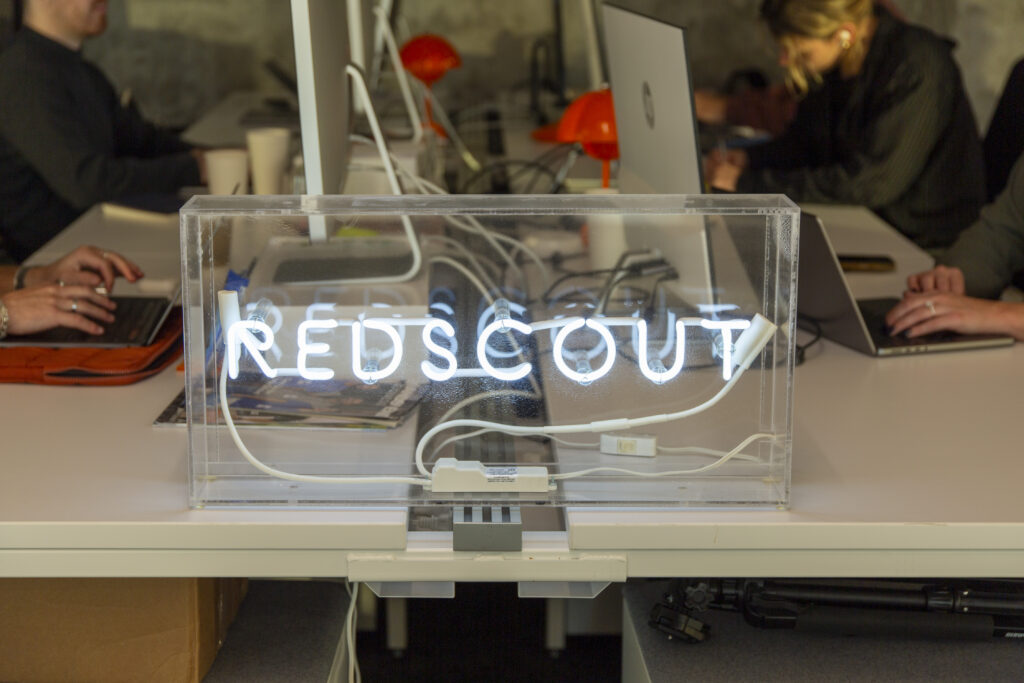Modern life is an unending barrage of information ranging from completely irrelevant to, at times, unforgettable. But, knowing what to do with the information you consume is much easier said than done. In this age of unlimited access, the Scouts are seeking a solution for collecting what they consume in a practice called personal knowledge management. A method for cataloging and organizing what you read, watch, and learn in a way that’s organized and most importantly, easily accessible.
1. Shift from mindless consumption to selective curation
Successful knowledge management begins with knowing what you want to learn and what you plan to consistently access.
2. Building a knowledge base is a creative advantage
Done right, your growing collection of knowledge will sustain your inspiration, research speed, connection to culture, et al. Ensuring you never start a project looking at a blank page (or screen for that matter).
3. Protect your cognitive diversity
If you’re only reading, watching, or listening to the things people recommend, it’s unlikely that you’ll bring something new to the table. Listen to your curiosity and dive deep in what you find interesting.
4. It’s not about the memory, it’s about the query
You’re only as good as what you can easily find. Whether it be a link, a screenshot, or a deck, having a consistent and organized database that’s consistently maintained will serve you well when it’s time to drum up the perfect analog.
5. Make it easy as possible to collect what you consume
Whether it be a google doc that’s always open or your favorite software (ours is Notion), choosing something you know and can easily edit is the best way to get started.
6. Build as you go
Don’t worry about having the perfectly organized structure to start collecting. Your knowledge base will grow and you’ll have plenty of time to establish organization as buckets emerge.
7. Schedule weekly maintenance
Find a weekly cadence to read and sift through what you’ve encountered throughout the week. This ensures the list of bookmarked tabs never gets too overwhelming.
8. Document why it matters to you
Even if you only learned one thing from the article, write it next to the link. Your future self will thank you for jogging your memory.
9. Leave the garage door open
Don’t be afraid to build in public. Letting others into your knowledge base allows others to explore the museum of your mind.
10. Watch this space
The knowledge management category is on the rise. With more creators, agencies, and authors sharing their best practices in knowledge management here are a few links to check out:
reflect.app, lazy.so, are.na, mymind.com
10 Thoughts, Edition II



